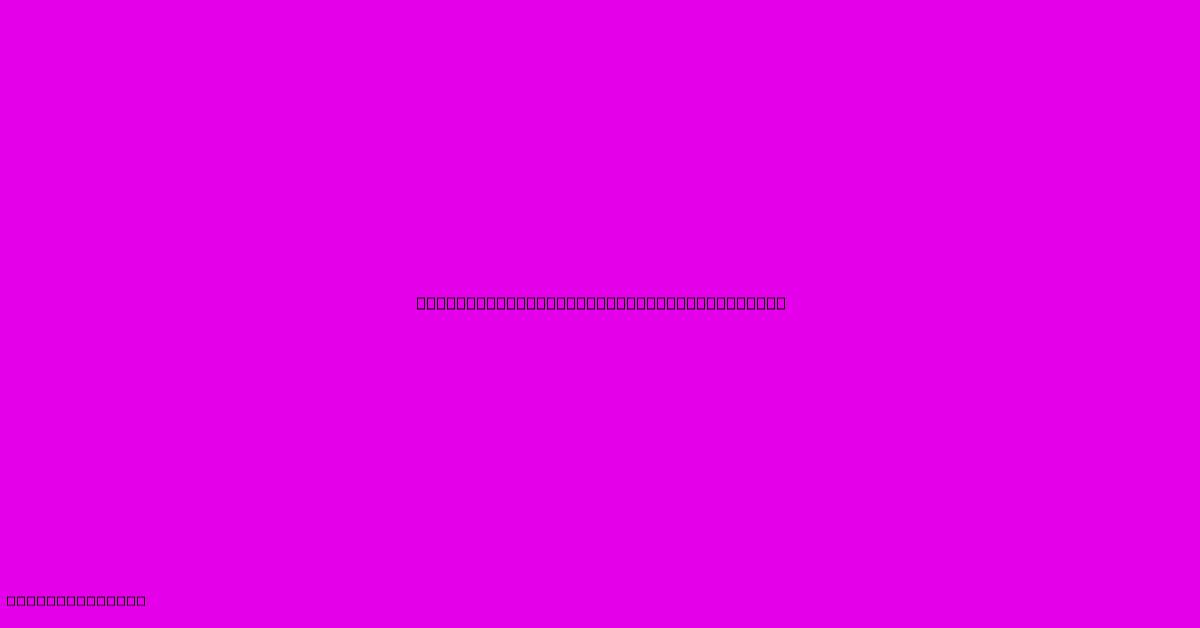Which Technology Device Could Be Used

Discover more detailed and exciting information on our website. Click the link below to start your adventure: Visit Best Website mr.cleine.com. Don't miss out!
Table of Contents
Which Technology Device Could Be Used? A Comprehensive Guide
The question "Which technology device could be used?" is incredibly broad, as the answer depends entirely on the task at hand. There's no single right answer; the best device is always context-dependent. This article will explore various technology devices and their appropriate applications, helping you choose the right tool for the job.
Categorizing Technology Devices by Function:
To approach this question effectively, we need to categorize devices based on their primary functions. This helps narrow down the options significantly.
1. Communication & Connectivity:
- Smartphones: The ubiquitous all-in-one device for calls, texting, emails, browsing, social media, photography, and much more. Excellent for portability and on-the-go use.
- Tablets: Larger screens than smartphones, ideal for media consumption (videos, ebooks), light productivity tasks, and casual gaming. More portable than laptops but less powerful.
- Laptops: Powerful portable computers for demanding tasks like document creation, software development, video editing, and gaming. Excellent for productivity and creative work.
- Desktops: More powerful than laptops, offering greater expandability and customization. Ideal for resource-intensive tasks like 3D rendering, video editing, and gaming. Less portable.
2. Media Consumption & Entertainment:
- Smart TVs: Large screens optimized for viewing movies, television shows, and playing video games. Often offer streaming services built-in.
- Streaming Devices (e.g., Roku, Chromecast, Fire TV): Connect to existing TVs to access streaming services. Affordable and easy to use.
- Headphones/Earbuds: For immersive audio experiences with music, podcasts, and audiobooks. Noise-canceling options are available for enhanced focus.
- Gaming Consoles (e.g., PlayStation, Xbox, Nintendo Switch): Dedicated devices for playing video games, offering high-quality graphics and immersive experiences.
3. Productivity & Work:
- Laptops (again): Essential for most professional tasks.
- Desktops (again): Best for intensive professional workloads.
- Smartwatches: Useful for notifications, fitness tracking, and quick access to information.
- Projectors: For presentations, large-screen viewing, and home theater setups.
4. Specialized Devices:
- eReaders: Dedicated devices for reading ebooks, often with features like adjustable font sizes and built-in lighting.
- GPS Navigation Devices: For car navigation, providing turn-by-turn directions and real-time traffic updates. Often integrated into smartphones now.
- Digital Cameras/Camcorders: For capturing high-quality photos and videos. Range from compact point-and-shoots to professional DSLRs.
- Wearable Fitness Trackers: For monitoring fitness levels, tracking activity, and providing health data.
Choosing the Right Device:
To determine which technology device is best for your needs, consider:
- Your budget: Prices vary dramatically across different device types.
- The tasks you need to perform: Match the device's capabilities to your specific needs.
- Portability requirements: Do you need a device you can easily carry around?
- Performance needs: How much processing power and storage do you require?
- Software compatibility: Ensure the device supports the software you need to use.
Conclusion:
The best technology device is highly subjective and depends heavily on your individual requirements. By carefully considering your needs and evaluating the capabilities of different devices, you can make an informed decision and choose the right technology to enhance your productivity, entertainment, and overall experience. Remember to always research reviews and compare specifications before making a purchase.

Thank you for visiting our website wich cover about Which Technology Device Could Be Used. We hope the information provided has been useful to you. Feel free to contact us if you have any questions or need further assistance. See you next time and dont miss to bookmark.
Featured Posts
-
Espectacular Atajada De Dibu Villa Empata
Dec 31, 2024
-
Dri Avg Technologies Minnetonka Mn
Dec 31, 2024
-
Hasil Liga Italia Como 1907 Raih Kemenangan
Dec 31, 2024
-
0 2 Defeat For United Match Report
Dec 31, 2024
-
Finishing Technology Inc
Dec 31, 2024
